Welcome
I started this blog in 2013 to share my reflections on reading, writing and psychology, along with my journey to become a published novelist. I soon graduated to about twenty book reviews a month and a weekly 99-word story. Ten years later, I've transferred my writing / publication updates to my new website but will continue here with occasional reviews and flash fiction pieces, and maybe the odd personal post.
|
I was going to call this post hopes dashed, but that would be too sensational for these two lovely novels about women getting on with it after disappointment, not because they’re heroic survivors but because they’re ordinary flawed human beings. In the first, an untenured academic carries on as normal despite a drawn-out miscarriage; in the second, an aspiring artist continues painting despite a lack of talent and community support. Both stories unfold in elegant understated prose with touches of humour.
10 Comments
How far should we go to maintain order? Are the winners responsible for the wellbeing of those who’ve drawn the short straw? I’ve recently read two quirky novels in which character is secondary to situation, exploring dystopian societies with elements uncomfortably mirroring our own. The first focuses on tech infiltration of the political and personal; the second on the violence inherent in safeguarding resources for ourselves.
Have you ever wondered what draws people into a cult, or what keeps them there? Do cults always start with good intentions and end in tears? Although neither of these novels can give us all the answers, they do provide interesting insights into what it’s like to outsource your autonomy to a community with a megalomaniac at the helm. Both are informed by real cases: the first in contemporary Britain, the second in 1970s USA.
If you’ve read my previous reviews of fictional therapists, you’ll be aware that I’m often disappointed in authors who seem to have neglected their background research. Not so with these two novels: the first, set in Jerusalem in the late 1980s, providing an excellent insight into the closed and potentially claustrophobic culture of psychoanalysis; the second, set in contemporary London, clarifying the key principles of psychodynamic psychotherapy. Both are flagged as crime: the first a police procedural; the second more psychological suspense.
Enid is a Scottish aristocrat who has married ‘down’; Adèle a working-class Parisian who married into the bourgeoisie. Enid considers sex a painful duty; Adèle is sex obsessed. For Enid, work is for men and servants; Adèle has a job. Born almost a century apart, the ‘heroines’ of these debuts nevertheless have similar motivations: both have been emotionally neglected by their own mothers and feel shackled by marriage and motherhood.
Two very different novels about women’s lives under and after the Soviet system: the first about a young mother from a Tatar village who finds a certain kind of freedom when she’s transported to the Soviet Gulag; the second about girls growing up in Prague in the dying days of communism.
Two books about teenage girls forced from their homes in what initially appear to be very different circumstances. In the first, a fourteen-year-old Lithuanian is transported to the Siberian tundra in 1940; in the second, a nineteen-year-old is compulsorily admitted to a psychiatric hospital in mid-1950s England. The first memoir, the second fiction, both books are about the struggle to survive in alien environments.
I’ve recently been reading two satirical novels about nationalism and social media, the first set in India, the second in the UK.
Reading these books consecutively, I doubted I could legitimately pair their reviews. The first focuses on the tensions in an Anglo-French family Christmas, the second an Icelandic fishing village anticipating a celebratory concert in mid-summer. But both are about the pain beneath a deceptively tranquil surface, and the psychological distance between people living in close proximity.
Amid my musings on identity, I’m fascinated by how religion shapes the someone we might become. Part of the legacy of a Catholic childhood is, for me, a curiosity about the social systems of irrationality, indoctrination and segregation, especially in their extreme forms. What attracts people to such institutions and how do they withdraw? Women Talking addresses the latter question; The Incendiaries the first.
I recently read a translated novella set in 1920s Sicily followed by a novel set in 1970s Northern Ireland. Both evoke the difficulty of leading a moral life in a society in which power has been wrested from the official representatives of law and order into a highly organised but politically unaccountable alternative body, and the stresses on ordinary people of such a regime. In the first, it’s the Mafia that controls the populace; in the second, the paramilitaries, including the IRA.
The central characters of these novels face a trial with the odds stacked against them in the early pages: the first about a twenty-something American woman and the second of a fifty-something Bulgarian man. For Romy, it’s the beginning of a lengthy prison sentence; for Alexander, it might be the end of the road. Both have survived oppressive systems before arriving at this point: Romy grappling the restricted opportunities on the margins of a complacent America; Alexander seemingly finding a place on the winning side of the Stalinist regime. Yet, as The Unbeliever illustrates, winners can be quickly transformed into losers under communism, while the depiction of a women’s prison in The Mars Room suggests there can be no winners there.
Oh dear! As a Ranger in the Peak District, albeit only as a volunteer on alternate Sundays, I carry a sense of responsibility for the safety of visitors to the National Park. So it’s rather disconcerting to read about two teenage girls, on holiday from London, going missing there in a matter of weeks. Fortunately, both were characters in novels, and both providing the foundation for an engrossing story about the repercussions: the first for the residents of a fictional Derbyshire village; the second for the family of the girl who is found after four agonising days.
Setting a novel in the near future requires two extra decisions. To what extent will this imagined world differ from what’s familiar today? What defines that difference? Although the social, environmental and technological developments or regressions in this fictional landscape are inevitably interlinked, one factor tends to dominate (and perhaps determines the readership to which it most appeals). At least that’s what I’ve been thinking since reading The Unit and Anna back-to-back (as well as recent dabbling in one of the subgenres myself). In the first, a democratic society has agreed (over time) that the lives of economically and socially unproductive citizens can be sacrificed for the common good. In the second, feral children roam a post-apocalyptic world in which adults have been wiped out by a virus and most of the infrastructure by a fire. Tempted? Read on!
An epic story of cultural change in Uganda and a novella set in an idyllic English community, these debuts have little in common apart from the strange affliction and that I’m happy to recommend them both. In the first, multiple branches of an extended family at the beginning of the twenty-first century are affected by a curse on their ancestor 250 years before. In the second, James probably feels cursed when he wakes up one morning to find he can’t move half his face.
I like fiction that shows the characters at work, but it can be difficult to pull off convincingly. While approaching it from very different angles – British writer Lucy Atkins in a thriller about a highflying TV presenter and historian; American Helen Phillips in a satire about a data entry clerk – both have produced extremely satisfying reads.
Scouring my shelves for a book to accompany The Athenian Women, I thought I was “making do” when I picked up Such Small Hands: two translated and disturbing reads. So it was a bonus that the latter included a strand narrated in the first person plural (very like a Greek chorus as Edmund White points out in an Afterword), while the latter, set in Athens 411 BC, takes its characters to the theatre where a genuine Greek chorus stands on stage. Add in the similarities of the authors’ names (I’m assuming Italian and Spanish versions of Barber) and I couldn’t have linked them better if it was planned.
Given the chance, wouldn’t you live in a comfortable right-on community where none of your neighbours voted for Brexit or Trump? Where people read books, and supported libraries, and no-one hung plastic bags of dog poo from the trees? But you know what would happen if you packed up and moved there? You’d have the neighbours on your back for putting out the bins too early, or letting your dandelions run to seed. Because it’s in the nature of utopian societies to have a downside, often manifest in a denial of our baser human instincts and/or excessive control. It makes great fodder for fiction, however, as I hope to show in my review of Celeste Ng’s latest novel set in 1990s suburban America. Alongside that, I’ve gone back to basics with my first-time read of the original Utopia, published 500 years ago.
From a day in the life of a city in mourning to a week in a busy hospital, in both these novels a large cast of characters tell not only their individual stories, but the story of the settings that shape their interlinked lives.
If we leave home at eighteen, it’s often to a particular kind of institution. For me, as for Selin in The Idiot, that means university; for Billy Lynn, as for many young working-class adults who are less academically inclined, it’s the military. While, as Selin discovers, universities encourage questioning, not all questions are received with equal relish. On the other hand, as Billy learns, the army might discourage independent thought, it can’t prevent his wondering. Will these young people find the answers they’re looking for? Read on!
Life’s tough on the fringes of society, perhaps particularly if you’re female. Not only have you your own vulnerability to contend with, but the projections of others who feel safer dwelling on your difference than on your similarity to them. Let me take you into the worlds of three such fictional females: The Parcel is harrowing novel about sex workers in Bombay; Dance by the Canal is a lighter novella about a homeless woman in East Germany; my recently published short story, “Ghost Girl” is about an African girl with the wrong colour skin.
When I studied the psychodynamics of organisations, I learnt to be sensitive to how a social system responds to potential new members. Are they welcomed into the throng, no questions asked, or are they treated with suspicion, kept at a distance until they have demonstrated they’re “one of us”? No wonder “the outsider” crops up frequently in fiction, and where better than in the family which, with its own highly-developed and defended culture, is a social system in microcosm. So these two novels, the first set in India and the second in the USA, about what happens when a young woman joins a privileged family, appealed to me at the outset. They did not disappoint.
When recent politics in both the US and UK have gone beyond satire, how else can fiction help us reflect on the systems in which we live? In the first of these two novels reviewed below, Jean Hanff Korelitz explores the politics of an elite university in which, intentionally or otherwise, there are parallels with a liberal America almost too pleased with itself. In the second, Anthony Cartwright more directly examines relationships in divided Britain, in a novel commissioned in response to the Brexit vote.
|
entertaining fiction about identity, mental health and social justice
Annecdotal is where real life brushes up against the fictional.
Annecdotist is the blogging persona of Anne Goodwin:
reader, writer, slug-slayer, tramper of moors, recovering psychologist, struggling soprano, author of three fiction books. LATEST POSTS HERE
I don't post to a schedule, but average around ten reviews a month (see here for an alphabetical list), some linked to a weekly flash fiction, plus posts on my WIPs and published books. Your comments are welcome any time any where. Get new posts direct to your inbox ...
or click here …
Popular posts
Categories/Tags
All
Archives
March 2024
BLOGGING COMMUNITIES
|
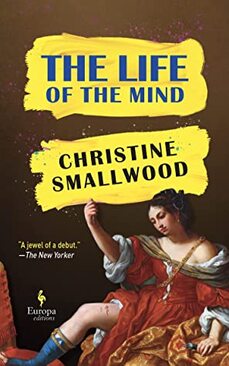
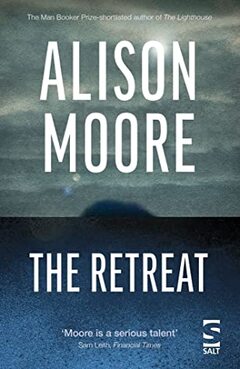
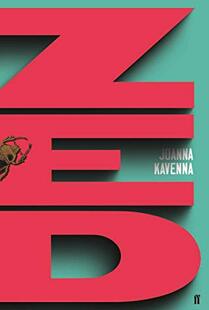
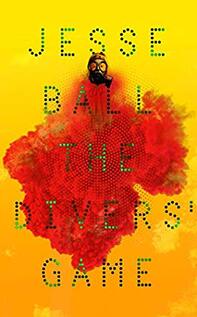
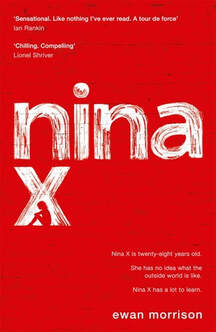
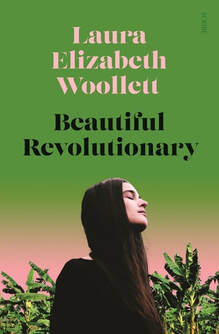
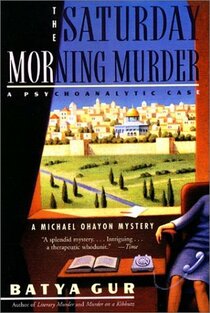
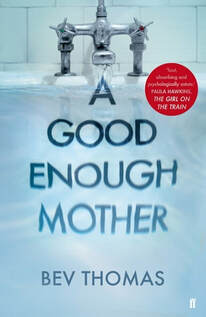
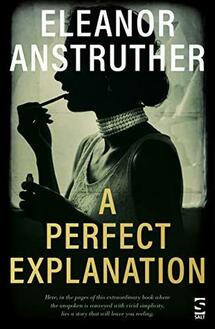
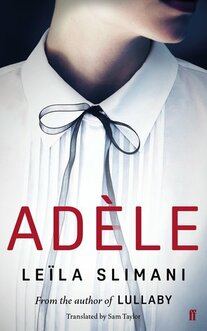
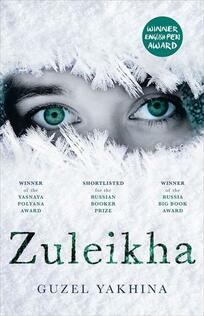
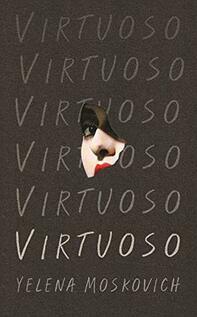
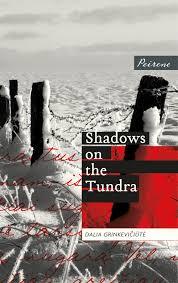
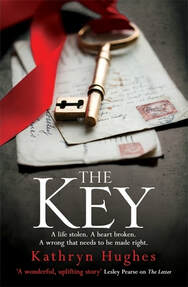
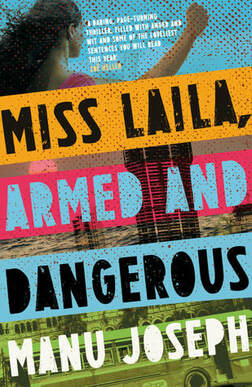

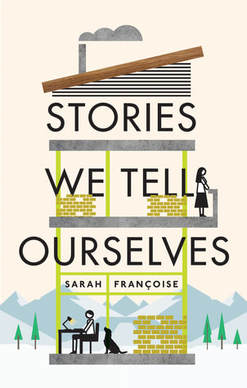
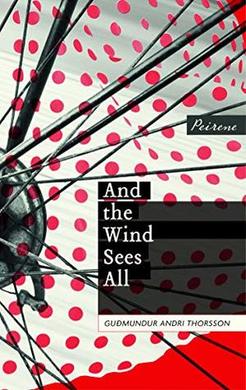

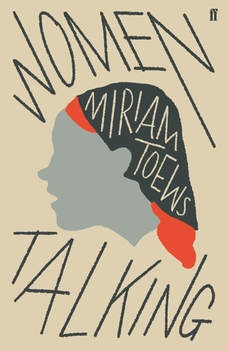
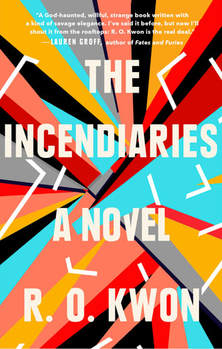
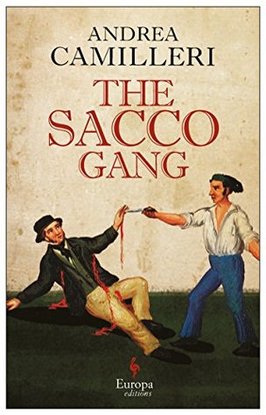

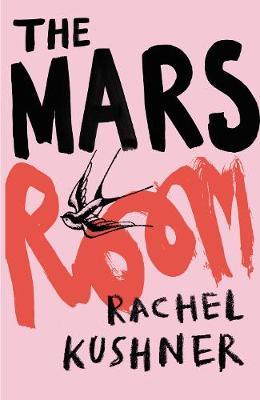
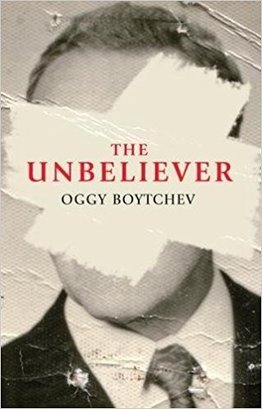
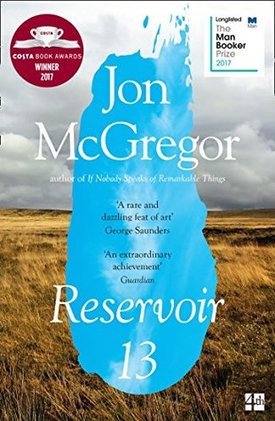
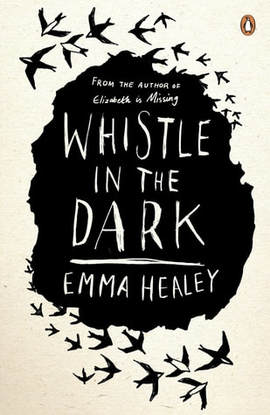
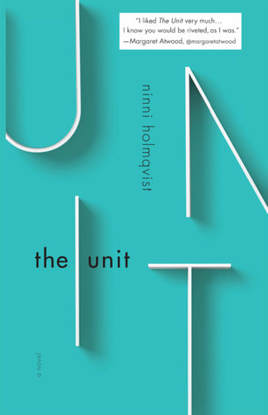
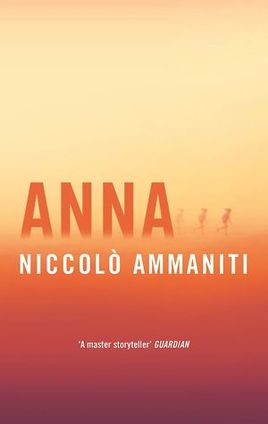
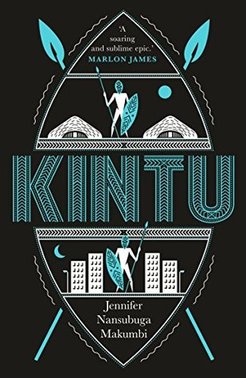
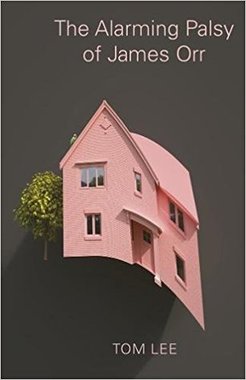
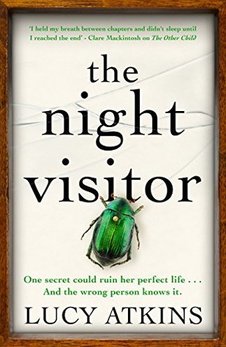
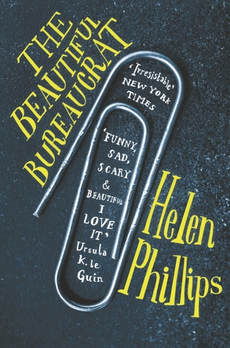
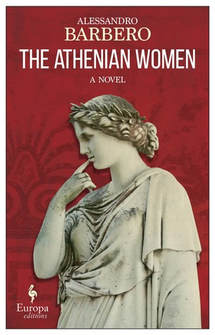
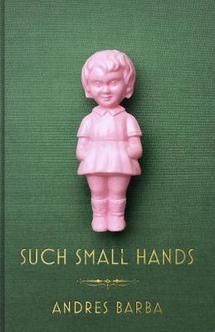
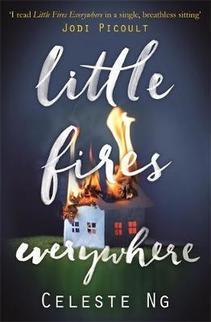
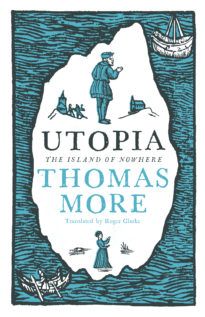
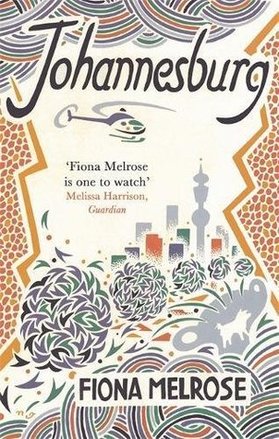
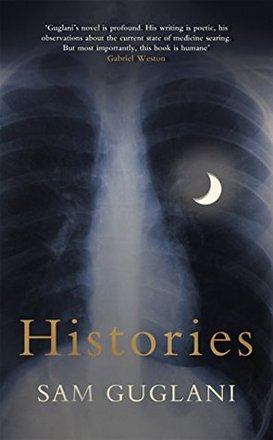

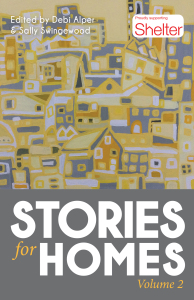
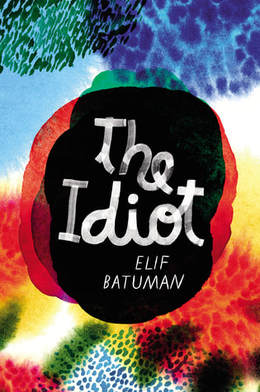
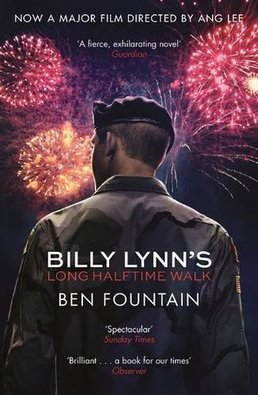
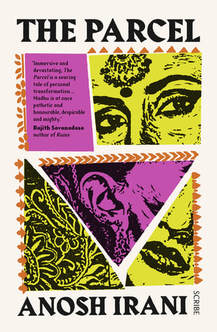
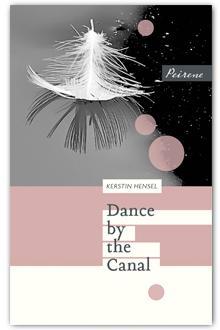
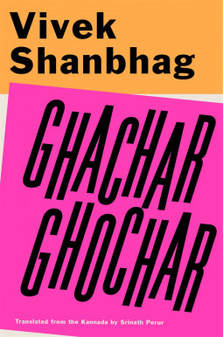
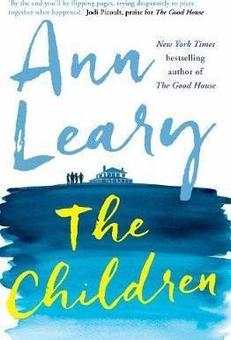
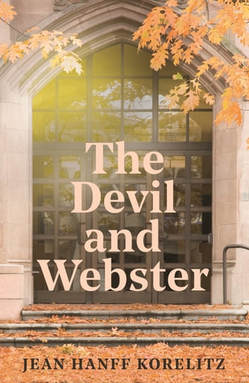
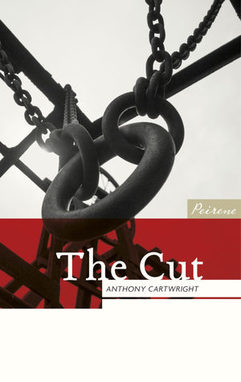





















 RSS Feed
RSS Feed





















